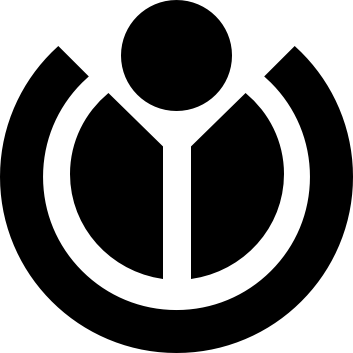
The House of Lords Select Committee on Digital Skills today published its report. Wikimedia UK submitted evidence to the consultation, which you can see here.
In the report the Committee makes a series of important recommendations which will influence the future digital skills of the UK. Perhaps chief among these is the recommendation to “define the internet as a utility service, available for all to access and use.” This would place access to the internet on an equal footing with access to water and energy and is an acknowledgement of just how fundamental the internet is to our modern way of life.
The report makes a number of recommendations and statements that are of particular interest to Wikimedia UK. The countries that ranked above the UK in a recent digital study had all “invested heavily in digital ‘foundations’, including up-skilling the population in technical expertise and digital capability…” These skills are extremely important and we believe that the use of Wikipedia and other open knowledge projects as both teaching and learning tools can offer great benefits to digital literacy.
The Wikimedia movement globally is making great strides towards the acceptance and appreciation of Wikipedia as a learning and teaching tool. Countries such as Israel, Serbia and Sweden are taking advantage of the capacity and scale of the free encyclopedia in creative ways within their education systems. The UK should likewise adopt the use of Wikipedia and other open knowledge projects.
One point from the report indicates a key, and timely, shift – effectively, the “3Rs” will become “3Rs and a D”. Explicitly stated in objective four of the report: “No child leaves the education system without basic numeracy, literacy and digital literacy.” This is a very welcome development. The use of Wikipedia in formal education settings from Key Stage 4 onwards could make a significant contribution to not only digital literacy skills but to core life skills such as critical thinking.
Many universities are reporting that undergraduates have not only digital skills gaps when they arrive at university, but gaps in critical thinking and key information literacy gaps too. We are currently exploring a number of ways in which using the Wikimedia projects can bridge these crucial skills gaps effectively. We welcome thoughts on this so please get in touch if you’d like to be involved.
The report calls for a single “Digital Agenda” within government following recent initiatives looking at developing greater digital democracy and the use of digital tools to replace civil courts (digital justice?). There needs to be a great deal of joined up thinking and shared ownership of work within government and the public sector for these initiatives to be introduced effectively and efficiently into one distinct package to support digital citizenship. The voluntary sector has a significant role to play in this.
If you would like to learn more about why Wikipedia belongs in education, please contact our education organiser, Dr Toni Sant – toni.sant{{@}}wikimedia.org.uk






